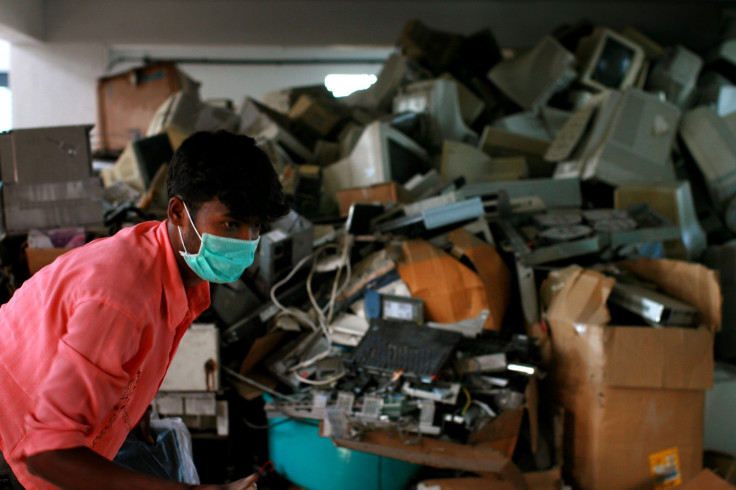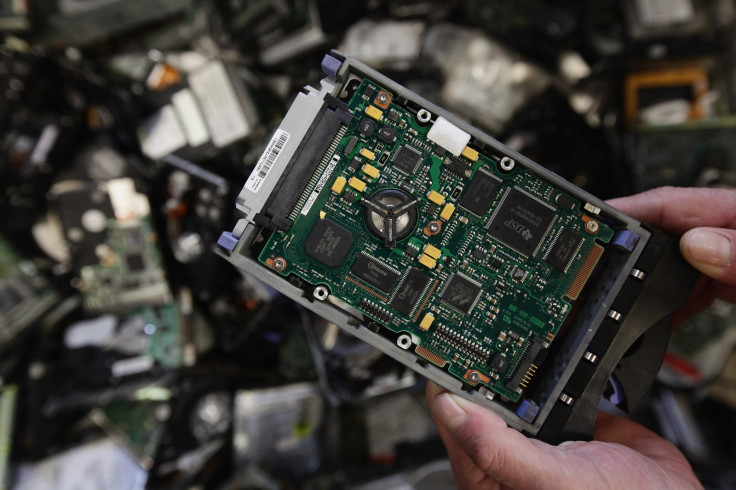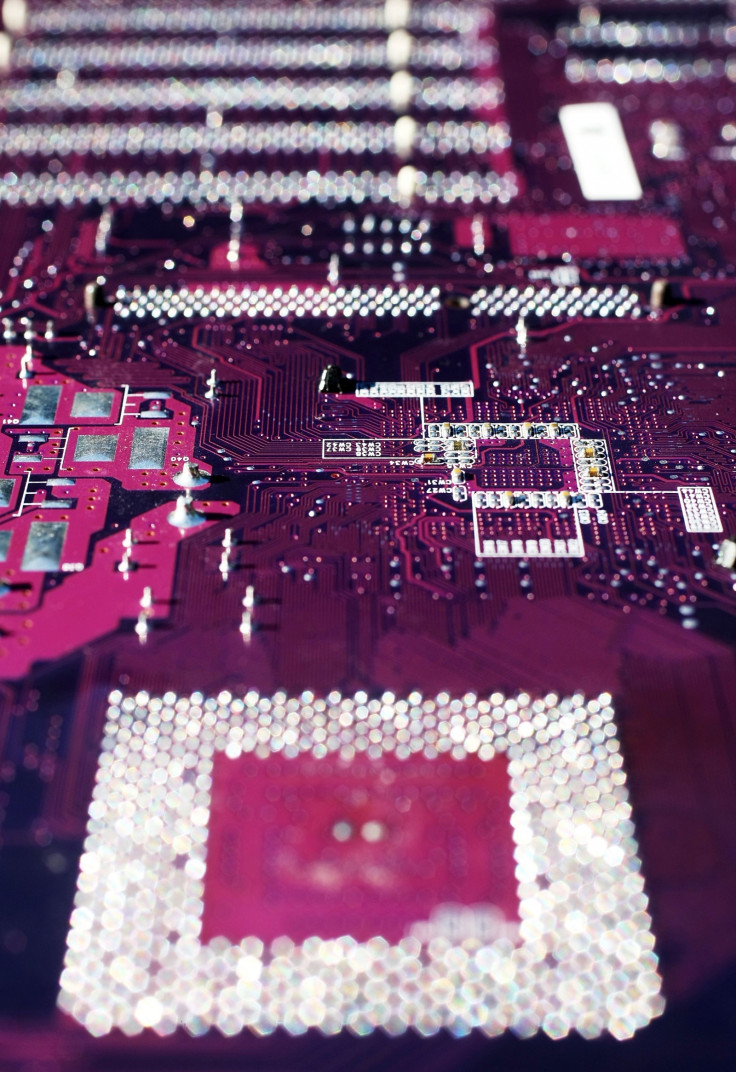The toxic e-waste mountains of East and South-east Asia have grown 63% in 5 years
Disposal by burning or acid baths causes serious health risks to workers, the public and wildlife.
Electronics, containing valuable metals, are being discarded at an increasingly fast rate in East and South-East Asia, the first UN report on the region finds, posing significant environmental and health threats.
The disposal of e-waste – defined as anything thrown away that has a plug or battery – is outpacing population growth in East and South-east Asia, with the expansion of middle classes that have a growing appetite for new technologies and gadgets. The report by the UN's think tank UN University is the first analysis of e-waste in the region.
If disposed of correctly, valuable metals can be extracted from e-waste and relatively few harmful substances are released to waterways, air and soil. However, globally there are only a handful of hubs that can recycle e-waste in a safe and efficient way, report co-author Ruediger Kuehr, head of UN University's sustainable cycles programme, told IBTimes UK.
But there is a booming informal sector in e-waste recycling across East and South-east Asia. Workers in these informal e-waste industries are exposed to hazardous substances that can cause serious health problems, through use of acid baths and open burning to extract small quantities of valuable metals. Workers frequently suffer health problems affecting the brain, liver, kidney and reproductive organs, Kuehr said.
"There is no easy solution of education of the workers against all this," said Kuehr. "We know it's paying the living for many and they simply accept the consequences, [even though] they all have breathing problems and skin problems."

However, some aspects of the informal sector could be encouraged in partnership with official, regulated e-waste disposal centres, Kuehr said.
"A lot of players are very successful in collecting e-waste. They are very good at sorting this waste and doing first manual disassembly. All you require is glasses, gloves and good screwdriver. If you do this work and then let experts in the formal market do the following steps then good cooperation could be established.
"But at the moment we still see this informal burning in order to harvest copper and gold with low efficiency and harming the environment and health. This simply must not be done any more."

Such measures are necessary as, if anything, the trend in e-waste in is likely to continue to rise, Kuehr said.
"We've just experienced what happens around Christmas – if we remember what our kids are given for presents, much more is nowadays either with a plug or battery. Against this we can definitely expect more and more gadgets to enter market and will contribute to the e-waste mountain.
"With growing middle class not only in Asia but also in Africa and elsewhere, there is still a rising hunger for this kind of equipment. We can expect to see a dramatic increase of e-waste mountains."

© Copyright IBTimes 2025. All rights reserved.






















